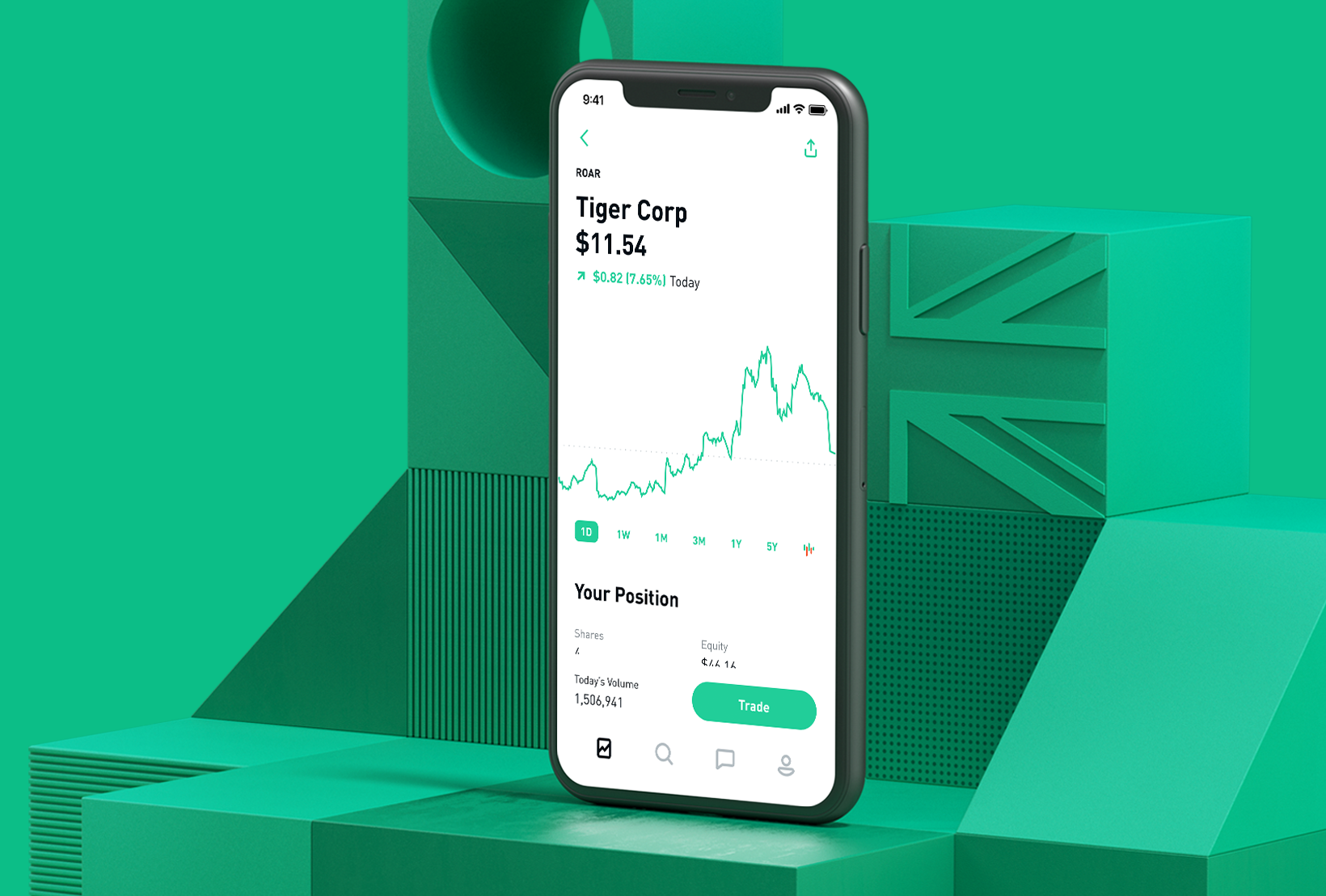Regarding its decision to discontinue including a charger in every iPhone it ships, Apple continues to lose legal battles in Brazil. In a case brought by the Brazilian Consumers’ Association, a coalition of debtors, consumers, and taxpayers, the So Paulo state court ruled against the internet giant and assessed it a 100 million real ($19 million) punishment.
The court also mandated that Apple start including chargers with all new purchases and give them to any Brazilian customers who bought an iPhone 12 or 13 in the previous two years. Apple informed the news organisation that it will appeal the decision, as you might anticipate.
The judge overseeing the case, according to Barron’s, referred to the practise of not including chargers with phone purchases as “abusive” since it “needs consumers to acquire a second product in order for the first to work.” Apple and the Brazilian government have been at conflict over the matter for some time.
When Apple removed the power adaptor from the iPhone 12 in 2021, the consumer defence organisation Procon-SP in So Paulo penalised the firm $2 million, citing a violation of Brazil’s Consumer Defense Code.
Apple is not permitted to market iPhones that don’t have a charger, according to a directive issued by the nation’s Ministry of Justice in September. The court also ordered the cancellation of the iPhone 12’s registration with and further $2.38 million in fines against the corporation.
The tech juggernaut is also challenging that judgement.
With the release of the iPhone 12 in 2020, Apple stopped including power adapters in the box of its smartphones. With every purchase of the device, the business will no longer provide chargers, citing environmental concerns. They estimate that this will save 861,000 tonnes of copper, zinc, and tin.
That argument failed to convince the Brazilian Ministry of Justice, who advised Apple that there are other ways the company can protect the environment, such as by enabling USB-C on its products. After the European Parliament voted to make USB-C the accepted charging standard in the EU, Apple has a few years to do precisely that. Mobile devices sold in the area, such the iPhone, must have USB-C charging ports.












